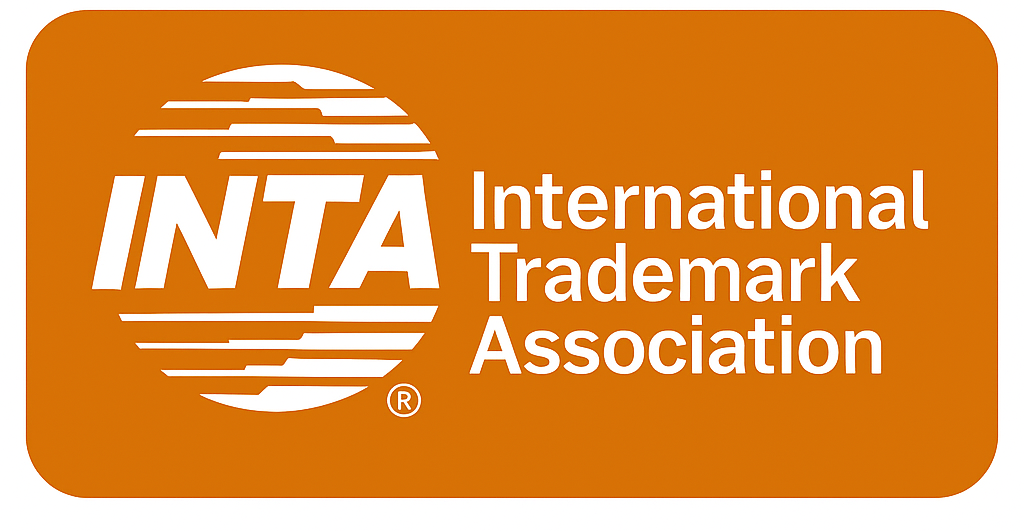
Employment contracts in professional sport
Professional sport like any industry depends on the recruitment and retention of quality individuals for commercial success. The employment of sports professionals is legally no different to other employment situations. Though the ‘work’ being rendered by the employee is of course far from routine, the legal rights and obligations arising between employer and employee in sport are governed by the usual principles of employment law.
True contracts of employment are referred to as contracts of service or service agreements. Often in sport the contract signed by the sports professional is in fact a consultancy agreement or a contract for the provision of services which does not create an employee/employer relationship. Standard contracts (generally approved by the governing body of the sport) are very common in professional sport, so the main content of a contract between the parties will often not be open to negotiation. This does not rule out the possibility of individually negotiated terms on top of these standard terms of course.
Restraint of trade clauses in professional sports contracts are common and occasionally lead to litigation. These are provisions which prevent the ability of the sports professional to do certain things either during or after the contract. The starting point in law is that all such clauses are automatically void but there is a body of case law concerning exceptions to this rule.
Professional football clubs for example may well have a legitimate interest to protect in the form of their substantial investment in acquiring new players. Sports bodies may also need to provide for certain limitations to regulate the conduct of the sport. Advice should be sought on the enforceability of any such provision.
Sports personalities & merchandising
Imagine someone who is looking to purchase a new set of golf clubs. Many people in this position choose a certain brand over another because it is the brand that their favourite player uses on the course and endorses in golfing magazines. This sort of influence can be extremely powerful, which is why sports personalities command significant sponsorship fees.
By protecting elements of their name and image through intellectual property and appropriately drafted contracts, sports personalities are able to restrict the use of their name and image and thus ensure its continued commercial value. Personality merchandising is the name given to the industry that has developed around using the name and image of a person to endorse and promote goods and services. There is an obvious appeal in using a name and image. The advertising industry spends billions developing strong brands. But elite sportsmen offer a ready-made consumer following.
This can be a fantastic revenue stream for the lucky sports personality with that brand following. As an added bonus, it is often a following that will translate easily from one industry to another (think of sports personalities with a line of sports goods, clothing, perfume, computer games, etc.), meaning endorsements can be licensed to many companies simultaneously.
However, what is there to stop someone in the street photographing the celebrity and attaching that photo to a tee shirt? Or placing the celebrity’s name on a packet of cigarettes? If third parties can make a profit from your brand without your permission, or worse still, they are free to associate your brand with anything they like (imagine what being on a packet of cigarettes would do to the reputation of the sports personality and the value of his existing endorsements), its value becomes far less certain.
This is where informed legal advice becomes invaluable.
Dispute resolution in sport
It is common for disputes arising out of participation in sport to be referred to an internal dispute resolution procedure. Arbitration in particular is used to handle alleged serious breaches of the rules. For example in cricket, matters can be referred to the ICC arbitral body. Indeed where an enforceable arbitration agreement is in place it will not be possible for the dispute to be resolved through the courts before this option has been exhausted.
The use of such ADR methods allows flexibility in terms of procedure (rather than the parties being bound by court rules), increased speed, privacy and the ability to select decision makers with an expert background in the sport in question. Where the results of a particular sporting event and/or the reputation of the sportsmen or women in question are concerned these can be very significant advantages. The court of arbitration in Switzerland provides a final private arbitral tribunal of appeal for disputes arising out of sport.
The courts in the UK have long supported the use of dispute resolution methods in sport. As one judge put it, ‘justice can often be done… better by a good layman than a bad lawyer.‘ The courts will give deference to the expertise of experienced sports professionals in regulating disputes by readily enforcing agreements to arbitrate. The court’s role will however become relevant if decisions by an arbitral tribunal appear contrary to natural justice or principles of proportionality.
Efficient pragmatic & reasonably priced




